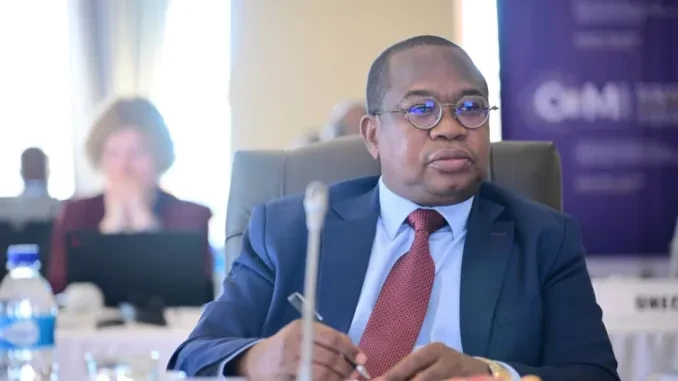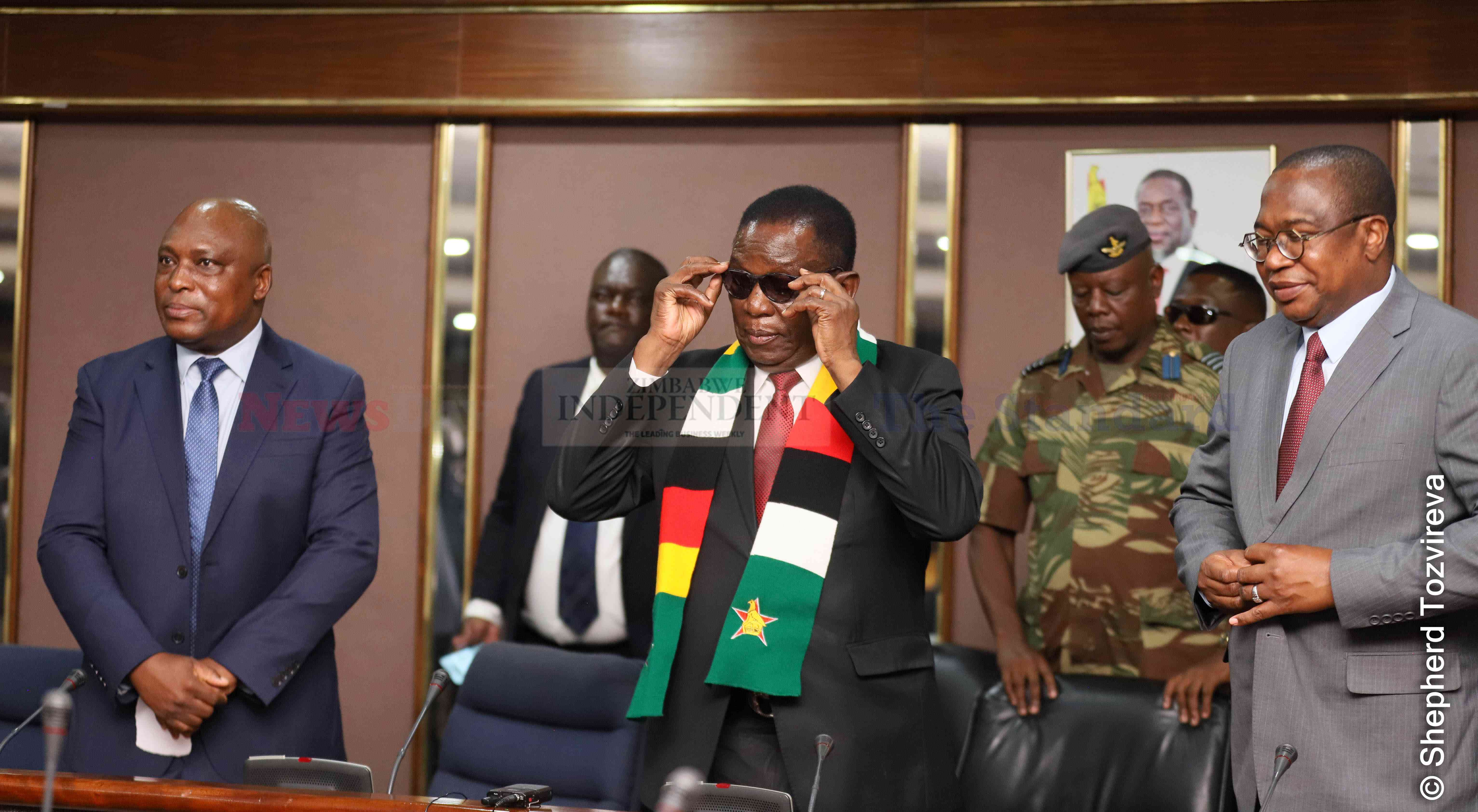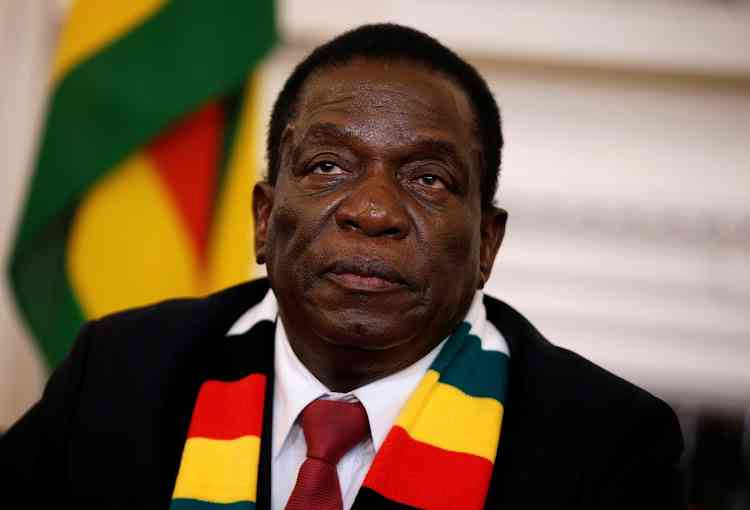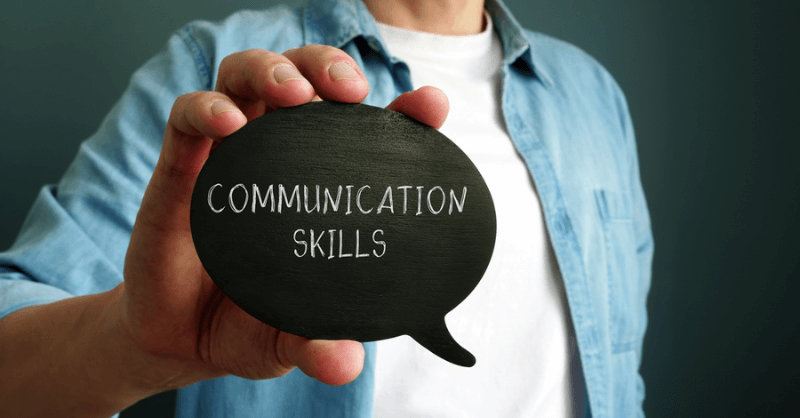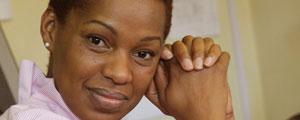
Last week in Harare another exciting series of entertaining Harare Internationl Festival of the Arts (Hifa) events broke out as it does every year as we enjoyed the six-day arts showcase.
Local Drummer with with Thembe Khumalo
All over the city, people were full of enthusiasm and excitement, and the opportunities for making money, impact and connections were quickly identified and exploited wherever possible. This was the new story of Harare — the story of Zimbabwe. Under the theme What’s Next?, the Hifa team encapsulated the fragile hopes and dreams of a nation-in-waiting.
It’s been a long wait for true nationhood in spite of the sovereignty speak we have mastered. I guess we all have different ideas about what it means to be sovereign, empowered and independent. Perhaps we have different dreams about where we thought we would be 30 years on. Did any imagine that we would be a nation of victims? A victim is someone who undergoes loss or suffering as a result of the negative actions of others. Perhaps you do not see yourself as a victim, in which case, let me swiftly move on to unveil some other victims you may or may not recognise: Here is the mother who has raised children and now enjoys grandchildren .
Whose life seems like that of so many other widows the world over, but she is not a widow in the strictest sense. She is a woman whose husband disappeared during Gukurahundi — and was never seen or heard from since.
Perhaps you have forgotten about this woman and others like her.
Perhaps you want to let bygones be bygones, which is not a bad strategy at all – except that for this woman the gap in her life and in the lives of her children does not close.
This loss remains. There is no closure.
- Chamisa under fire over US$120K donation
- Mavhunga puts DeMbare into Chibuku quarterfinals
- Pension funds bet on Cabora Bassa oilfields
- Councils defy govt fire tender directive
Keep Reading
Here is a man who has lost everything — friends, a business, a home which has been repossessed — not because he was a bad businessman (although perhaps he was), but because the 10 years of Zimbabwe’s economic mayhem didn’t prepare him for doing business properly.
Who knows that he has courage because he speaks his mind regularly without fear, but who realises that when push comes to shove, his children need him, his wife requires his companionship and his income, and that he can only push the envelope so far. He can only stand by his beliefs up to a certain point – beyond which he must cower along with the others.
Here is a daughter returning to Zimbabwe from years in the Diaspora. She is encouraged by the improvement in the state of things since she was last home in 2008.
But she is confused by the scepticism of the locals. She can’t understand the resentment she sometimes encounters when meeting with old school friends who never left.
She has goods to sell and can’t comprehend why no one ever seems to pay for anything — yet all her customers (former schoolmates mostly) drive luxury cars and live in beautiful homes, holding down smart jobs and wearing designer labels — albeit some of them bearing little relation to the original designer. She operates in a daze of confusion.
Here is the son who won’t come back. He has made his home elsewhere, and adopted the norms and values of other peoples – part of a generation of immigrants in nations made up of immigrants. It started when he could not face the pain on his mother’s face during his yearly visit.
So the gap between visits became longer. Until they stopped altogether He has become like one who has no roots and no totem – he has a new life, a new wife and sometimes even a new name. He is a fugitive escaping a land of milk and honey! All of these are real people – known by name to me and possibly even to you.
They are all victims. Perhaps you live with one of them. Perhaps you are the mother or sister or father of one of these victims — the walking wounded. Perhaps you are one of them.
But it is not enough to recognise those among us who are wounded and ailing. It is not enough to acknowledge the part played by each of us — present, absent, or only partly present in the way our history has gone. We must move on to the next step. Having once acknowledged the hurts, we must now figure out the healing.
How do we begin to stitch the wounds that bedevil our people, that manifest as so many other social ills and clearly will not be silenced by flimsy bandages with names like indigenisation, land redistribution and grants of seed and fertiliser.
These are serious ailments and they require serious attention. In individual relationships, in families, in nations, we don’t fix problems by sweeping them under the carpet, by pretending they don’t exist, or by distracting those involved with a new toy or more exciting conversation.
We fix them by doing that unwanted and laborious task of hearing one another out, understanding one another’s needs, acknowledging one another’s weaknesses, measuring one another’s capacities to deliver, coming to places of compromise, collaboration and concession, and finally moving from our polar position to a middle ground where we can begin the process of proper nation building, national healing and reconciliation. There is no shortcut to this place. There is no express kombi that will get us there in double time. We simple have to walk the full course of the road — every step from start to finish.
Until we are done. Until we arrive. If we had started 33 years ago, who knows where we might be now?
lThembe Khumalo writes in her personal capacity. Readers’ comments can be sent to [email protected].

